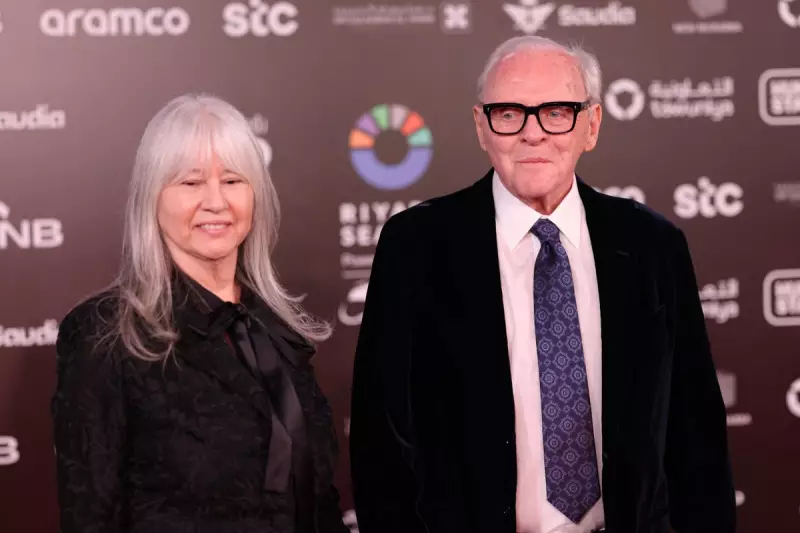
In a remarkably candid revelation, legendary actor Sir Anthony Hopkins has shared how receiving an autism spectrum diagnosis later in life provided him with profound clarity about his personal journey and creative process.
The two-time Oscar winner, now 86, disclosed that he was diagnosed with Asperger's syndrome, a form of autism, describing the revelation as both illuminating and liberating. Hopkins explained that understanding his neurodivergent condition helped him make sense of aspects of his life that had previously seemed confusing or challenging.
Finding Clarity Through Diagnosis
"It's given me an understanding of why I am the way I am," Hopkins revealed in discussions about his upcoming memoir. The Welsh-born actor described how the diagnosis helped explain his intense focus, unique perspective on the world, and sometimes unconventional approach to social interactions.
Hopkins joins a growing number of public figures who have spoken openly about being on the autism spectrum, helping to destigmatize neurodiversity and showcase the varied ways autism can manifest, particularly in highly creative individuals.
Embracing Neurodiversity in the Arts
The acclaimed performer, known for his immersive acting style and memorable portrayals of complex characters including Hannibal Lecter, suggested that his neurodivergent thinking may have contributed to his distinctive approach to character development and performance.
"I see things differently," Hopkins noted, reflecting on how his cognitive processing differs from neurotypical individuals. "It's not a disability - it's a different way of thinking."
Late-Life Understanding and Acceptance
Hopkins' experience highlights the growing recognition of autism in adults, particularly those who grew up before widespread awareness and diagnosis of neurodiverse conditions. Many individuals are now receiving diagnoses later in life, finding answers to lifelong questions about their experiences and interactions.
The actor's openness about his diagnosis contributes to important conversations about neurodiversity in the entertainment industry and beyond, demonstrating that autism exists across all professions and walks of life.
As Hopkins continues to work on his memoir, fans and mental health advocates alike are celebrating his willingness to share this personal aspect of his journey, potentially inspiring others to seek understanding and embrace their own neurodiversity.





